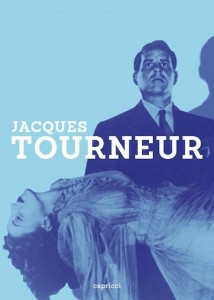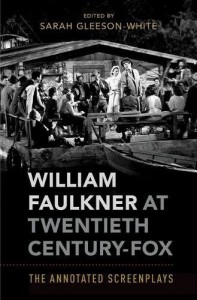Written for the Library of America’s web site The Moviegoer. The version published there on May 3, 2017 differs somewhat from the original version posted here, especially the ending. — J.R.

No less than seven features to date have been based on works by Philip Roth, and three of these have been directed by first-timers, all of whom previously made their cinematic mark in other professional capacities. Ernest Lehman (1915-2005) had a long and distinguished screenwriting career before directing his own adaptation of Portnoy’s Complaint in 1972, and Ewan McGregor acted in over four dozen features before directing American Pastoral 44 years later. James Schamus, a film professor at Columbia University, had over fifty producing credits — plus writing and producing credits on all but three of Ang Lee’s features — before he added direction to his producing and writing on Indignation. This has yielded what Stephen Holden in the New York Times has called “easily the best film made of a Roth novel, which is saying a lot.”
Schamus’s dexterity in navigating both commercial film production and academia has served him well on this project, enabling him to honor his source while rendering it both accessible and personal. Read more

JACQUES TOURNEUR, edited by Fernando Ganzo, Locarno Festival/Cinémathèque Suisse/Capricci,224 pages, 23 Euros.
Published to accompany the Jacques Tourneur retrospective at the Locarno Festival last August, this collection has been issued in separate English and French editions; Capricci has kindly sent me a review copy of the former, and although I’ve only just started to dig into its contents, I’m looking forward to many pleasurable and profitable times with the rest. Apart from translating a few important texts from the past — extended interviews with Tourneur in Cahiers du Cinéma and Présence du Cinéma (both in 1966), an essay by Petr Král from Caméra/Stylo in 1986 — this book mainly consists of new essays, most of them translated from over a dozen French writers (including Pierre Rissient, Patrice Rollet, and Jean-François Rauger) and two Americans (Chris Fujiwara and Haden Guest). There are also many illustrations in this slightly oversized volume, My only complaint is with the layout that prints about two dozen pages of the text on a shade of dark grey that makes them extremely (and needlessly) difficult to read. If Marc Lafon, the book’s design person, was trying to approximate some notion of Tourneur as the poet of shadows, I’m afraid this effort was misguided, because all that comes out of this exercise is murkiness, not poetry. Read more
From Sight and Sound, July 2017. — J.R.
WILLIAM FAULKNER AT TWENTIETH CENTURY-FOX
The Annotated Screenplays
Edited by Sarah Gleeson-White, Oxford University Press, 949 pp., ISBN 9780190274184
Reviewed by Jonathan Rosenbaum

We know that Faulkner was no cinephile, but it’s less known that he referenced Eisenstein in The Wild Palms and cited Citizen Kane and The Magnificent Ambersons as two of his favourite films (along with High Noon) in a 1958 interview. One also can’t read the present-tense opening of Light in August without noting its cinematic immediacy, which suggests that consciously or not, Faulkner learned a lot from the movies.
Yet when it comes to his screenwriting, it’s closer to alienated, assembly -line labour than any significant form of self-expression. Editor Sarah Gleeson-White, a Sydney-based literary scholar, is well aware of this problem, beginning her Introduction with contradictory statements from Faulkner about how seriously he took this work (both of which, unsurprisingly, sound perfectly sincere) while noting that he wrote around fifty Hollywood screenplays between 1932 and 1954. That Faulkner was fully capable of working simultaneously on both his novel Absalom, Absalom and Hawks’ The Road to Glory is also duly noted. But Gleeson-White’s ambivalence about what actually constitutes screen authorship is reflected in the fact that several photographs in her commentaries are devoted to Faulkner’s Fox collaborators and none at all to Faulkner himself. Read more


